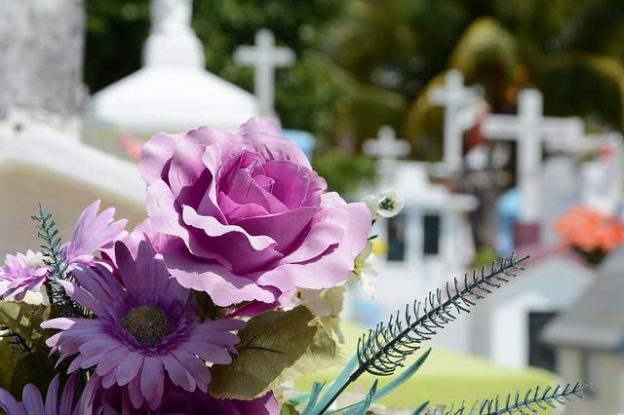Flowers have been a key part of funeral traditions across cultures for centuries. At funeral homes in Laconia, NH, and around the globe, floral arrangements are often seen as a prominent part of funeral services. The presence of flowers on these occasions is more than just a visual preference – it carries deep symbolic significance and serves as a gesture of respect towards the deceased.
Historical Context – Flowers as Silent Communicators
Historically, flowers have played a critical role in funeral services. The ancient Egyptians, Greeks, and Romans used flowers to honor the dead. Flowers were seen as a communication medium, a silent language expressing love, respect, and other sentiments that words might fail to convey. In the Victorian era, the language of flowers, known as floriography, became highly popular. Specific flowers were associated with certain emotions and messages, a tradition that still holds some relevance today.
Cultural Significance – Varied Meanings
Different cultures attribute various meanings and significance to flowers in funeral services. In some cultures, flowers are used to celebrate the life of the deceased, while in others, they are symbolic of mourning and grief. The type, color, and arrangement of flowers can carry specific meanings. For instance, lilies are often associated with restored innocence of the soul of the deceased, while roses can symbolize love and respect.
Spiritual and Religious Significance – Beyond the Material World
Flowers also hold spiritual and religious significance in funeral services. In Christianity, flowers are seen as a symbol of the impermanence of life and resurrection. In Buddhism, they represent the fleeting nature of life, while in Hinduism, specific flowers are used in funerary rites. The universal appeal of flowers transcends religious and cultural boundaries, making them a vital element in funeral services.
Psychological Impact – Comfort and Solace
The presence of flowers at funeral services offers comfort and solace to the grieving. They create a serene atmosphere and provide a visual tribute to the life of the deceased. Research has shown that the natural beauty of flowers can have a positive impact on our emotions and can help alleviate feelings of sadness and grief.
The Role of Florists – Crafting Meaningful Tributes
Florists play a significant role in funeral services. They work closely with funeral homes and families to create floral arrangements that not only honor the deceased but also offer comfort to the bereaved. The craftsmanship of florists transforms flowers into meaningful tributes, reflecting the personality, life, and preferences of the departed.
 Modern Trends – Personalization and Sustainability
Modern Trends – Personalization and Sustainability
Modern funeral services are moving towards more personalized and sustainable practices, and this is reflected in the use of flowers as well. People are now opting for locally sourced, seasonal flowers or potted plants that can be replanted, reducing the environmental impact. Personalized floral tributes that reflect the hobbies, passions, or favorite colors of the deceased have also become more common.
In Conclusion – The Everlasting Role of Flowers
As we navigate the complexities of grief and loss, the silent language of flowers continues to offer comfort, solace, and a means of expressing our deepest emotions. Funeral homes in Laconia, NH, and around the world understand the essential role flowers play in honoring the departed and supporting the bereaved.
To know more about the role of flowers in funeral services, we invite you to explore our offerings at Wilkinson-Beane-Simoneau-Paquette Funeral Home & Cremation Services. Our dedicated team understands the significance of this time and is here to assist you in crafting a meaningful tribute to your loved ones.

